- Home » Research News (Page 6)
Research News
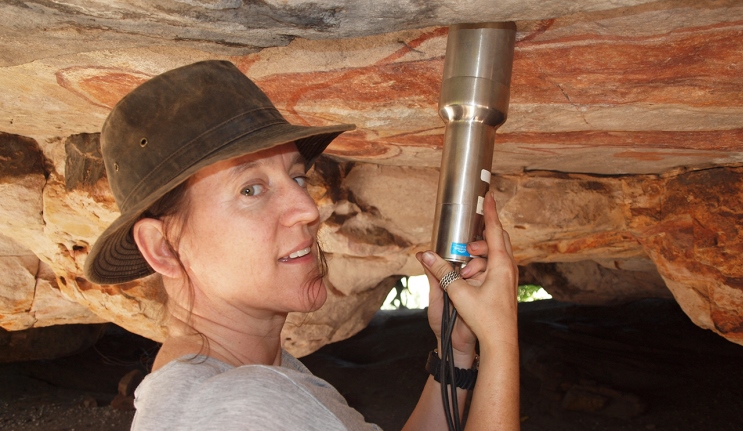
Ice-aged Aboriginal art uncovered in the Kimberley
What may be the longest, most impressive and complex rock art sequence anywhere in the world has been found in the remote Kimberley region of Western Australia. Evidence from recent excavations in the northwest Kimberley show that humans occupied the northern coastline as early as 36,000 years ago. The art of the region could potentially challenge Western Europe as the location for the p...
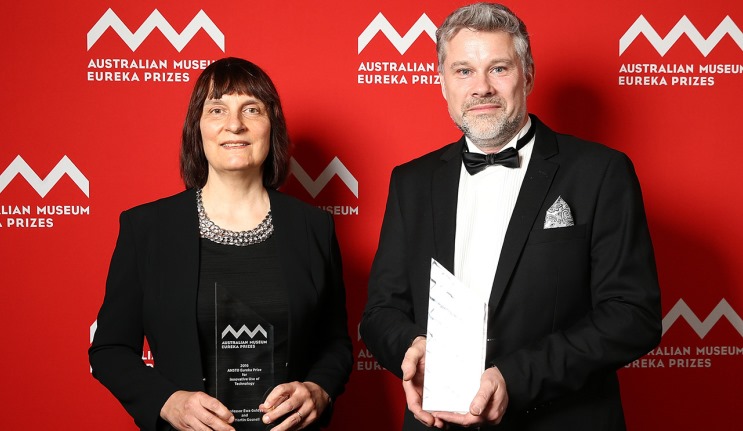
Cell colour technology wins Eureka Prize
Professor Ewa Goldys, Deputy Director of the ARC Centre of Excellence for Nanoscale BioPhotonics (CNBP) at Macquarie University, together with CNBP research affiliate Dr Martin Gosnell have won the ANSTO ‘Innovative Use of Technology’ award at the 2016 Australian Museum Eureka Prizes. They were recognised for their innovative colour-focused research, which is able to distinguish between...

The key to charity success: no deadlines
New economics research from the Macquarie Graduate School of Management says charities that impose long deadlines on donations will be less successful than those that don’t. The study by Professor Maroš Servátka and his University of Otago co-authors Associate Professor Stephen Knowles and Lecturer Trudy Sullivan looked at the impact of imposing deadlines on charitable tasks, and found ...
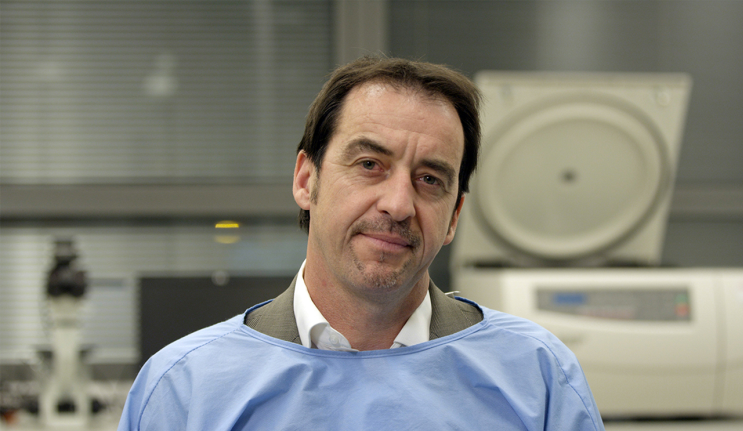
Key identifier for suicide risk discovered
An international collaboration between researchers at Macquarie University, the United States and Sweden has identified a molecule in the blood that could hold the key to identifying the cause of suicide. “We have known for a long time that people who attempt suicide have markers of chronic inflammation in their blood and spinal fluid. Commonly used antidepressants have only limited effec...
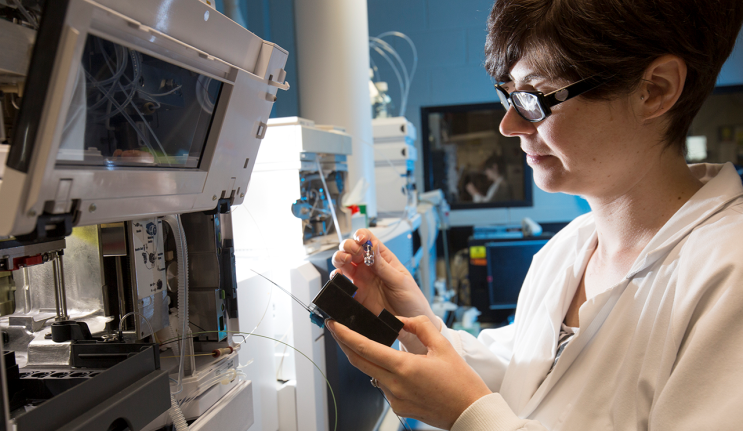
Macquarie partners with US Cancer Moonshot initiative
Macquarie University has signed a Memoranda of Understanding (MOU) with the prestigious US National Cancer Institute to help drive further momentum into critical cancer research. As part of the US Cancer Moonshot initiative Macquarie University will contribute its first-class proteomics research into melanoma and colorectal cancer that particularly impact Australians, with expansion into ot...
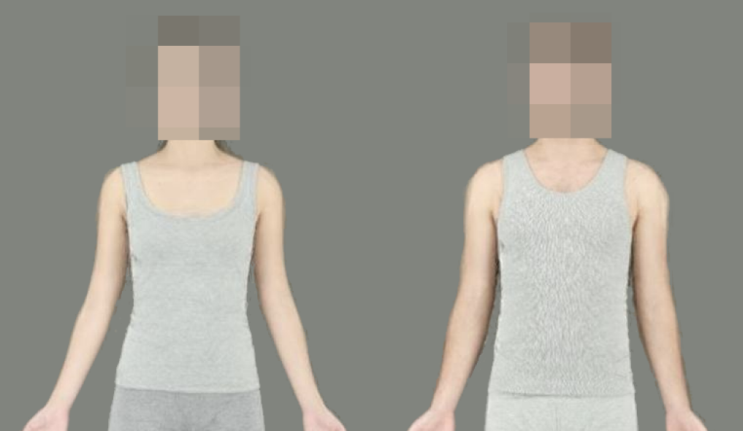
It takes two minutes to change your body
It takes two minutes to change your perception of body size, a new Macquarie study suggests. Directed by lead author Associate Professor Kevin Brooks, researchers explored how the perceptual mechanisms in a person’s brain adapt in response to images of one’s own or other people’s bodies by asking participants to give their opinions about body images that had been manipulated to look t...